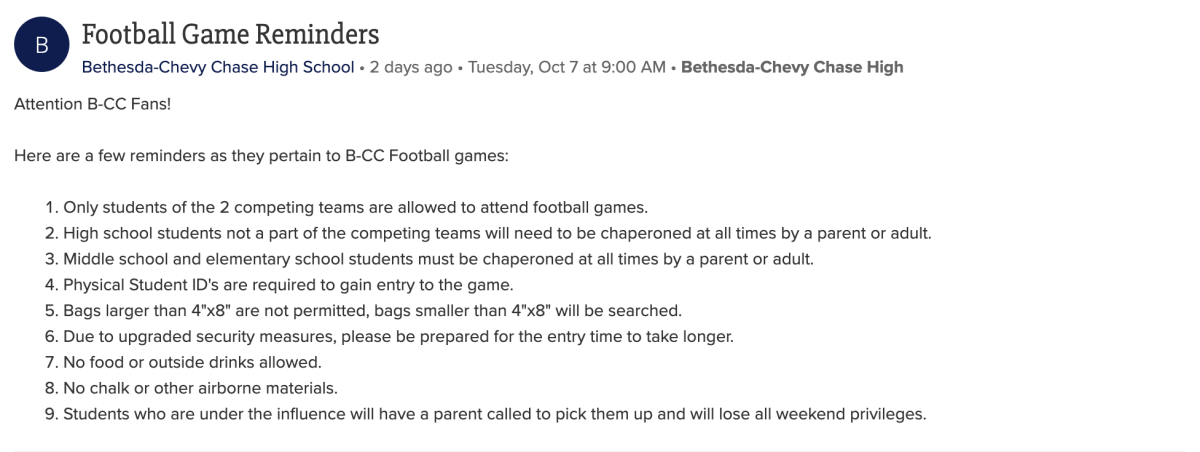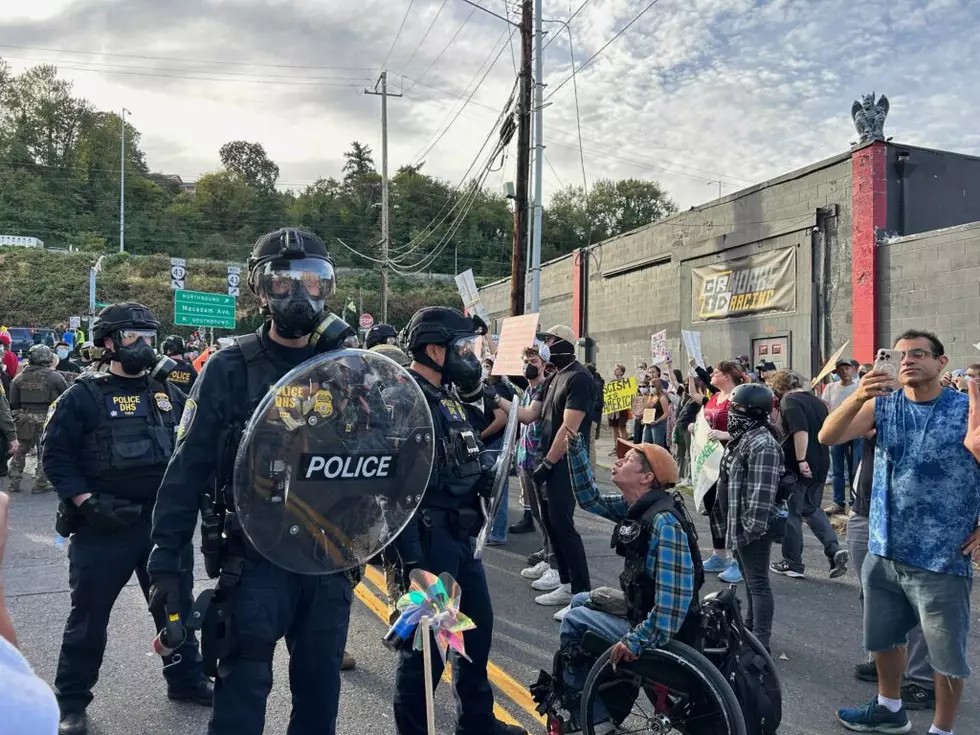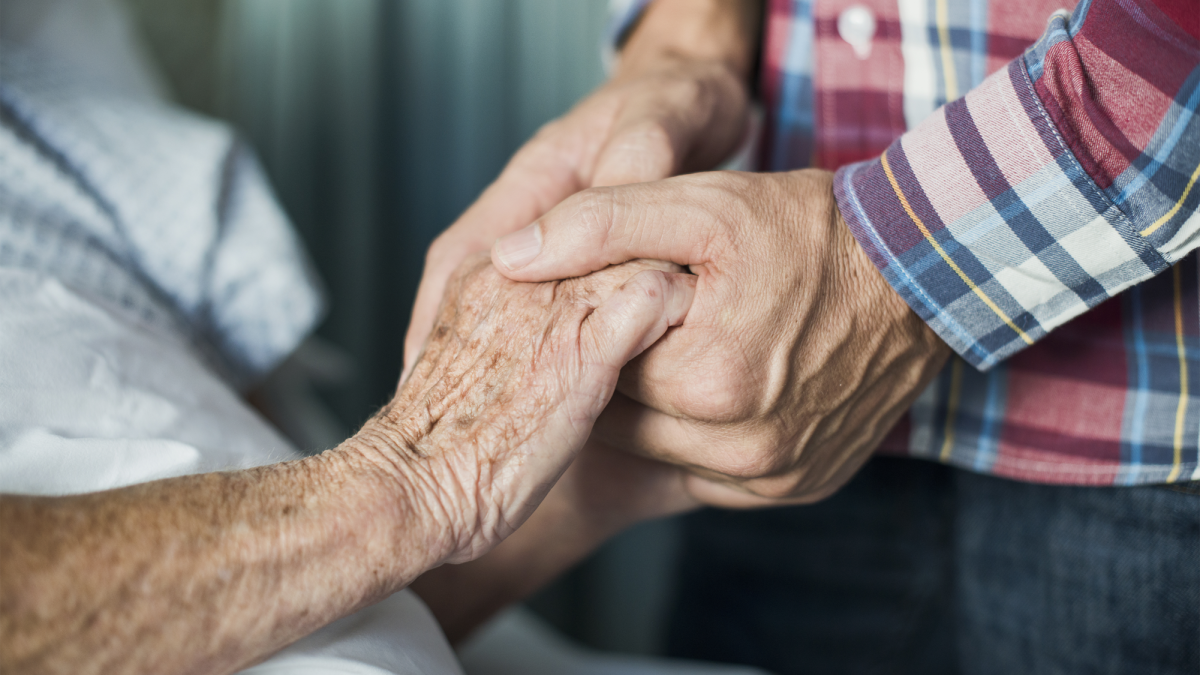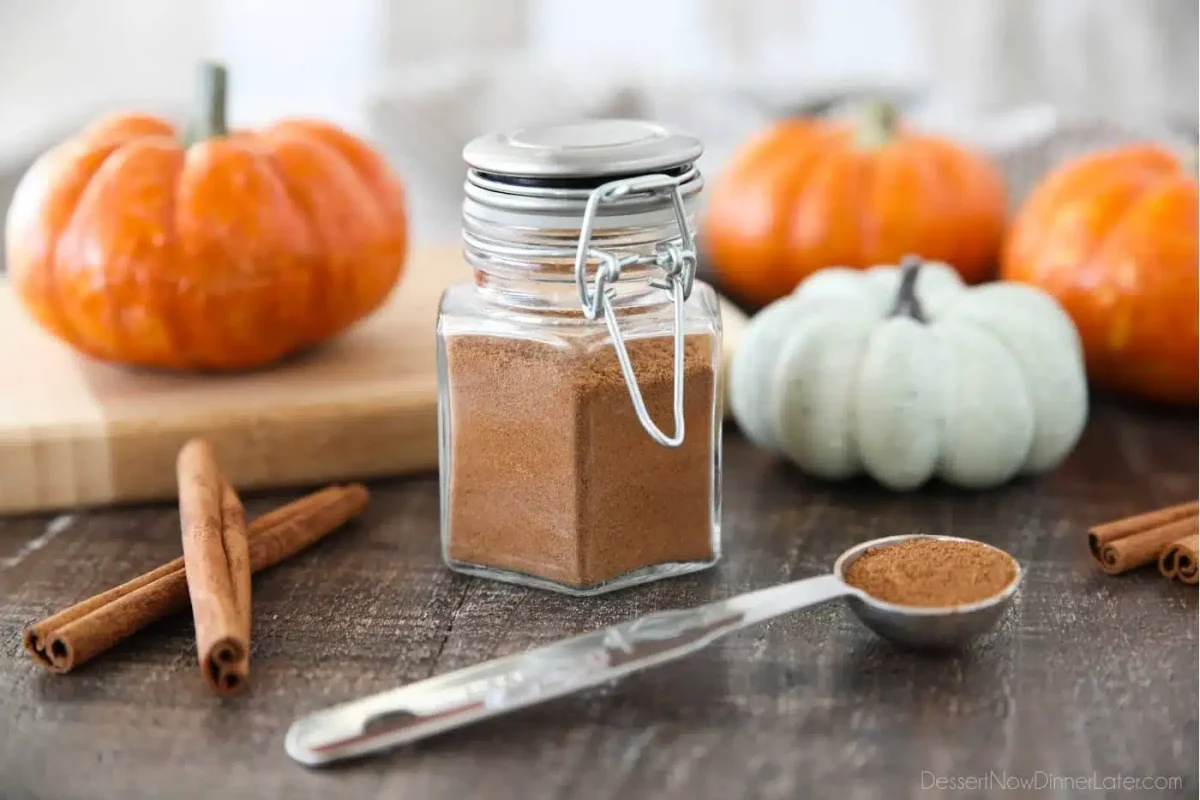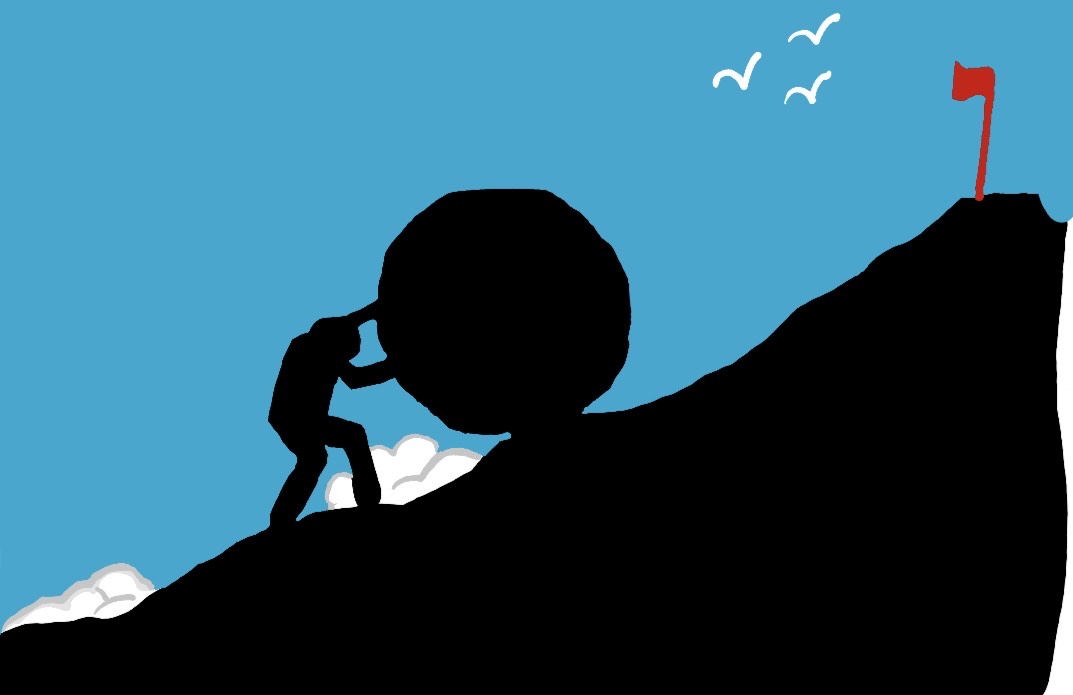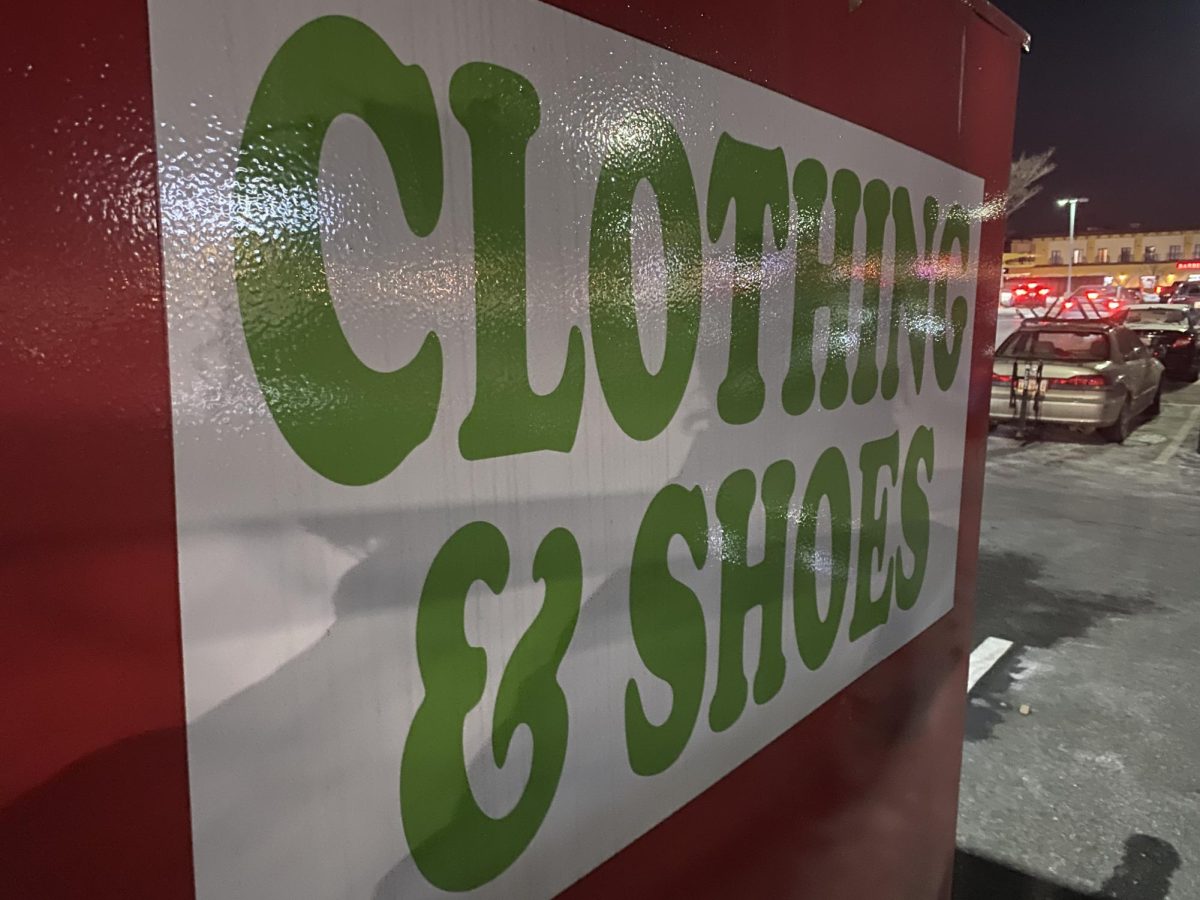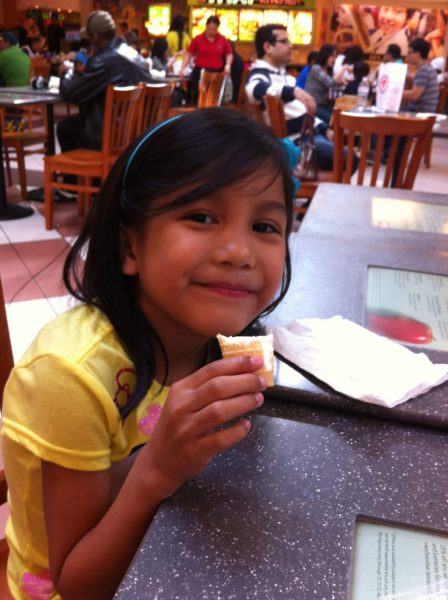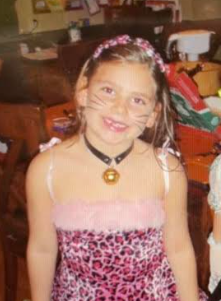When life knocks you down, do you bounce back quickly? Do you refuse to let failure overwhelm you? You might remind yourself, “What doesn’t kill you makes you stronger.” German philosopher Friedrich Nietzsche first coined this phrase in 1888. However, what implication does it hold? According to the American Psychological Association, resilience is the process and outcome of successfully adapting to difficult situations, mainly through mental, emotional, and behavioral flexibility and adjustment to external and internal demands.
Kathleen M. Pike, Ph.D. is a Professor of Psychology and Director of the Global Mental Health Programs Center at Columbia University. In her article titled “The Downside of Fostering Resilience,” she brought up a good point. “The term resilience was first used in 17th-century physics to describe the ability of an object to absorb and then release energy when deformed elastically.” This had me thinking, when will the released elastic snap back to sting us? In other words, when does resilience become harmful?
When does the psychological ability to adapt and cope with stress and “bounce back” from negative occurrences become impossible and the pursuit to do so become detrimental?
People all around the world hold tenacious perspectives on resilience. For example, Zandashé Brown, Director of the New Orleans Film Society, revealed, “I dream of never being called resilient again in my life. I’m exhausted by strength. I want support. I want softness. I want ease. I want to be amongst kin. Not patted on the back for how well I take a hit. Or for how many.”
Stumbling across her words on the internet, they echoed in me with how much emotion they held. Yet, how does this viewpoint stand with students at B-CC? Senior Madison (Madi) Bicking expressed her thoughts about Brown’s words. “This quote resonated with me in a lot of ways. As Black individuals, it is quite literally ingrained in our DNA to be strong and never bat an eye at the micro-aggressions or blatant racism we face,” she said. “Sometimes, I don’t want to be strong. I don’t want to be put in a situation where I need to be strong. It’s so draining, honestly.”
As per The American Journal of Psychiatry, “Uncontrollable factors such as the neighborhood children are born into can contribute to significant early-life adversity, such as enduring socioeconomic disadvantage or increased risk of exposure to violence.” Being raised by first-generation immigrant parents, my mom would constantly remind my sister and me of how hard she had it back in the Philippines. More often than not, she did it in a way to guilt us, so we felt compelled to respect her and never, ever talk back.
Looking back, isn’t this some form of manipulation? Had she talked about emotions or endearment, things could have been different. I understand she was only looking out for us, but did it have to be that harsh? Now, reflecting on those frequent feelings of guilt, pretending to be tough to avoid getting into more trouble took a toll on who I am now. How did I endure years of harmful expectations to exhibit resilience? It wasn’t resilience, after all, but a case of toxic positivity.
My mom’s story of her time in the Philippines depicts that there is an essential difference between resilience and toxic positivity. Think about it this way: acting like nothing is wrong versus taking the time to look after yourself. The Resilience Institute also declared, “Negativity denotes the level of discomfort someone can experience. Emotions are broadly defined as positive or negative, but that’s generalizing. All emotions can be productive and healthy. They tell our minds and bodies what is going on with us. The ways we express them can be unproductive and unhealthy.”
Simply put, it’s important to remember that resilience is not about enduring insurmountable negative occurrences, but adapting and growing through challenges. I must confess that acknowledging that my mom romanticized poverty when I was growing up was not easy. Even so, my hard-earned ability to grow out of my refusal to seek support and my tendency to suppress emotions has given my life new meaning. Now, I recognize that building resilience, if treated as a slow and gradual process in balance with tending to one’s emotional needs, is a healthier alternative to rebounding too quickly from life’s obstacles. It all takes time.


